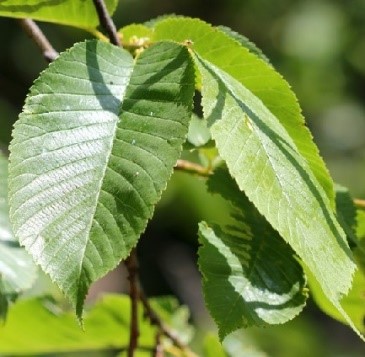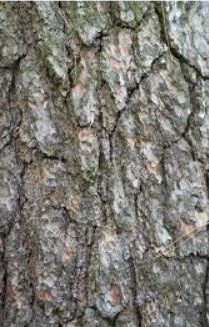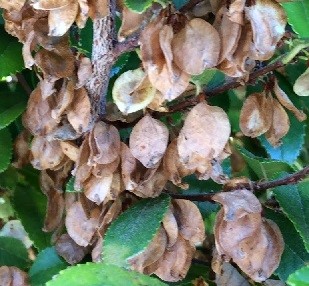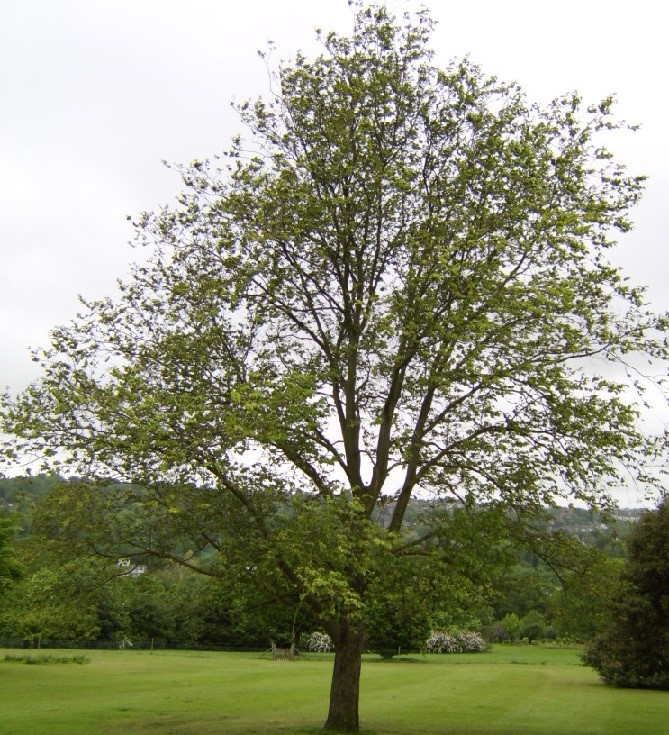Trees
Ulmus wallichiana Planch.
Ulmus wallichiana Planch.
Description :
A large sized deciduous tree. It reaches heights of 24 to 27 m with
diameters of 1.2 to 1.5 m. large trees will have an ascending crown. The leaves
are simple, alternate, 7 to 15 cm long. The bark is rough, grey to dark grey
and deeply furrowed. The flowers are in congested bunches on the leafless
branches. The fruits are 12 to 15 mm long. It flowers in March to April while
fruit matures between April and June. Although it is sometimes attacked by wood
borers they cause little economic damage. It is reproduced from seed. Seeds are
small and lose their viability shortly after ripening. Diameter growth of 0.85
cm/year has been observed. Grains are straight, coarse and uneven-textured.
Wood is hard, strong, and heavy having Specific gravity of 0.67.
Distribution :
The tree is native to Pakistan, India and Nepal. In Pakistan it is found
in Swat, Hazara, Murree, Azad Kashmir and Balochistan. A tolerant tree that
becomes more intolerant with age. It grows on deep, well drained soils and
prefers moist ravines and broad-leaved forests. It is adapted to a
precipitation zone of 750 to 1250 mm/yr. It has a temperature range of -10 to
35°C. It prefers a sub-humid, cool to semi-arid, warm subtropical, temperate
climate usually at elevations of 1000 to 3000 m.
Uses :
The tree has value as it produces wood, fodder and cordage. It can be
successfully cultivated around villages and has potential as an ornamental. It
has potential as a farm forestry tree in agroforestry systems in high elevation
areas. Also used for tool handles, agriculture implements, fodder, furniture
and cordage purposes.



